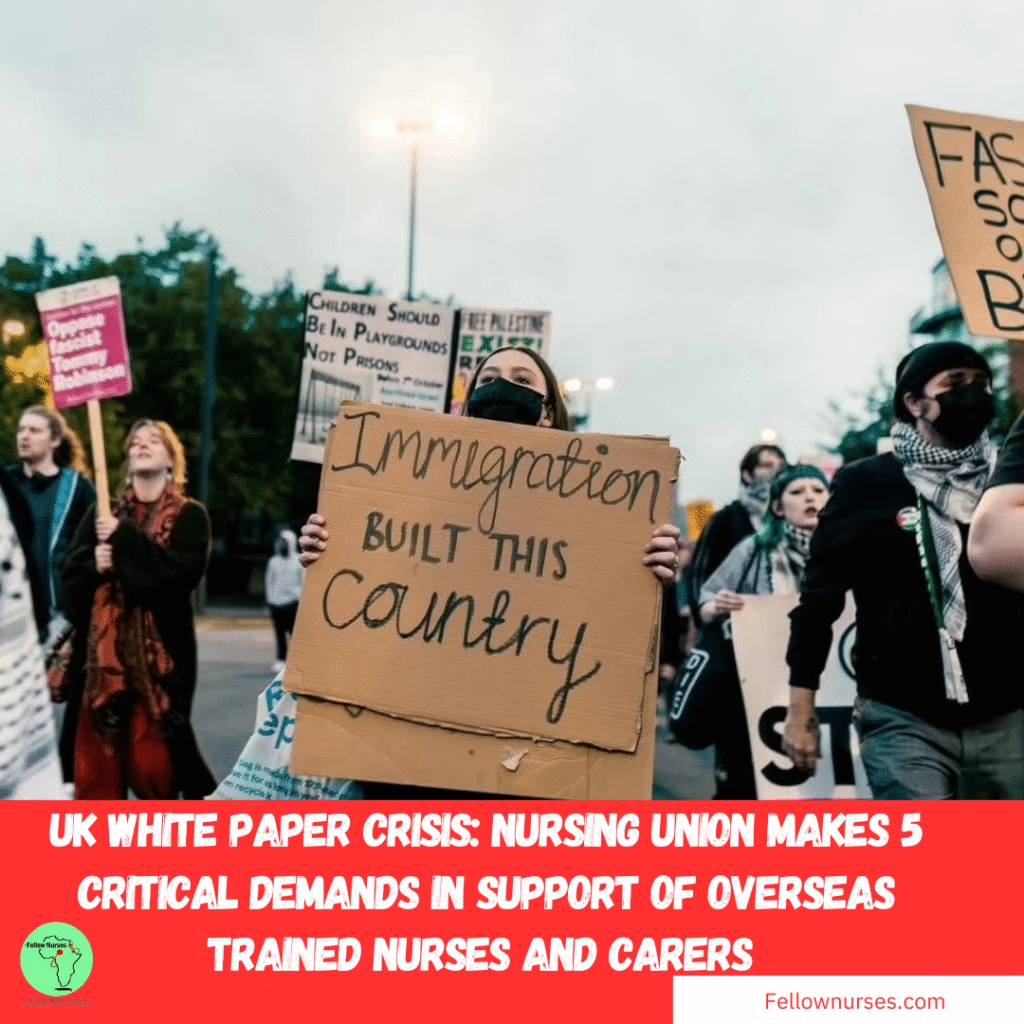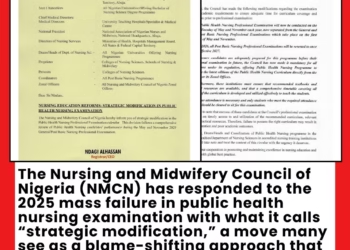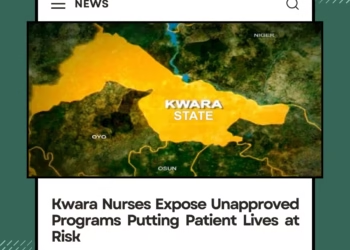UK White Paper Crisis: Nursing Union Makes 5 Critical Demands to Support Overseas Nurses and Save the NHS
London, May 15, 2025 – The Royal College of Nursing (RCN) has issued a powerful call to action at its annual Congress in Liverpool, urging the UK government to implement immediate and comprehensive immigration reforms to protect overseas-trained nurses and stabilize the National Health Service (NHS).

The demand was made in the new report by the Nursing Union tagged “Unreciprocated Care: Why Internationally Educated Nursing Staff Are Leaving the UK,” which was based on a national survey of more than 3,000 migrant nurses and 25 in-depth interviews. The findings reveal deep structural problems that are driving international nursing professionals to leave the UK in alarming numbers.
According to the report:
- 42% of internationally educated nurses plan to leave the UK
- 66% are considering moves to countries like Canada, Australia, and the U.S., where immigration pathways are more supportive
- As many as 55,000 migrant nurses could exit the workforce—further burdening an NHS already short 34,000 registered nurses and 131,000 care sector workers
The RCN’s Five Urgent Demands:
To address this growing crisis, the RCN has outlined five essential demands:
1. Immediate Indefinite Leave to Remain (ILR)
Grant ILR to international nurses already contributing to the health system, allowing them to remain in the UK without repeated visa renewals.
2. Lower Immigration-Related Fees
The current ILR application cost of £3,029 per person—nearly five times the estimated processing cost—has placed severe financial strain on families.
“My family have to pay up to £16,000 for ILR… It’s like I’m being punished for coming to work in the UK,” said a Nigerian nurse.
3. End Family Visa Restrictions
One-third of surveyed nurses reported that being separated from their children or spouses negatively impacts their work.
“Despite providing a custody document signed by the court, my children’s visas were denied,” said a Zambian nurse.
4. Abolish the ‘No Recourse to Public Funds’ (NRPF) Condition
The NRPF restriction has left many nurses unable to access basic support in times of need:
- 22% of respondents couldn’t afford food
- 38% were unable to pay utility bills
5. Launch an Investigation into Exploitation and Abuse
The report reveals:
- 15% of migrant nurses were illegally charged an average of £2,000 by UK-based recruiters
- A 400% increase in modern slavery allegations in the care sector since 2022
- 64% of respondents reported discrimination, with 46% experiencing racism—rising to 59% among Black nurses
“Systemic racism and bullying in the workplace were the most jarring thing for me,” said a Trinidadian nurse.
A System at Breaking Point
RCN General Secretary Professor Nicola Ranger condemned current government policies, describing them as a “hostile environment on steroids.”
“Our report shows thousands of migrant nursing staff are ready to leave the UK. The government’s cruel measures could do great damage to key services,” she warned.
The data supports her concerns:
- 27% of NHS nurses in England are internationally educated (99,856 of 372,605)
- New international joiners to the Nursing and Midwifery Council (NMC) register dropped 16.6% (as of September 2024)
- Departures increased by a third in the same period
The RCN further cautioned that, with winter pressures looming—including flu, RSV, Covid-19, and norovirus—the consequences of continued inaction could undo the progress of the 50,000 nurses programme and threaten the long-term sustainability of NHS services.
Download the Full RCN Report
For in-depth analysis and full policy recommendations, download the full white paper here: Unreciprocated Care: Why Internationally Educated Nursing Staff Are Leaving the UK
Fellow Nurses Africa is the independent voice of African nursing. We educate, inform, and support the nursing profession.










